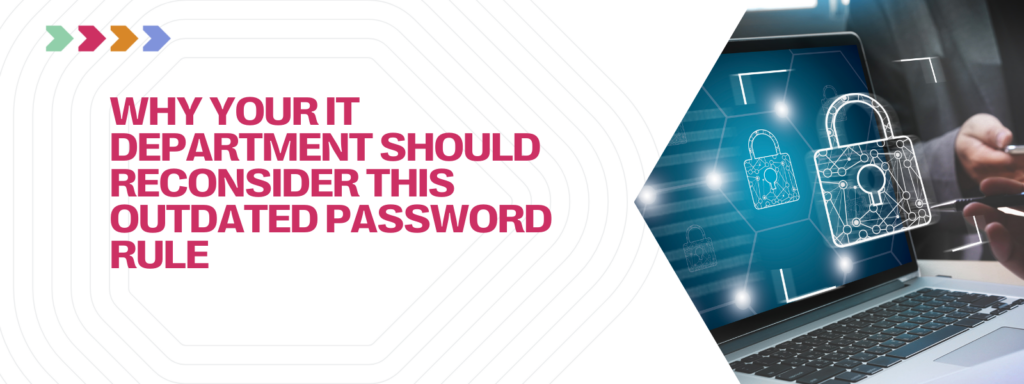Forcing employees to change laptop passwords every month might seem like a solid security move, but it’s a policy that often backfires—both in terms of practical outcomes and human behavior. Here’s a case against it, grounded in reason, evidence, and a bit of common sense.
Pain Points of Frequent Password Changes
First, frequent password changes don’t necessarily make systems safer. A 2016 study from the University of North Carolina found that passwords changed every 30 days were often predictable variations of the old ones—like “P@ssw0rd1” becoming “P@ssw0rd2.” Why? Because people, under pressure to memorize something new every month, lean toward simplicity and patterns. The study analyzed 10,000 expired passwords from a university system and showed that 41% could be cracked within three seconds due to these predictable shifts. If attackers already have a foothold—like stolen credentials from a breach—they’re not sweating a “Spring2025!” update.
Second, it annoys employees and tanks productivity. Microsoft’s security team ditched mandatory password expiration in 2019 after concluding it “offers no real security benefits” while burdening users. Think about it: every month, employees stop what they’re doing, reset a password, forget it, then bug IT to unlock their accounts. A 2021 Beyond Identity survey found that 67% of employees reset passwords because they forgot them, not because of a breach. That’s time wasted—multiply it across a company, and you’re burning hours on a ritual that doesn’t demonstrably stop hackers.
Third, it pushes people to worse habits. The National Institute of Standards and Technology (NIST) updated its guidelines (SP 800-63B) to recommend against forced expirations unless there’s evidence of compromise. Why? When you make employees juggle new passwords constantly, they write them down—on sticky notes, in phone notes, wherever. A 2019 Google survey found 13% of users still scribble passwords on paper. Others reuse the same password across sites, a far bigger risk than keeping a strong, unique one for longer. Carleton University research from 2015 showed that frequent changes increased reuse rates by 30% among participants.
Multi-Factor Authentication as the Alternative
What’s the alternative? Focus on what works: long, unique passphrases (think “BlueHorseBatteryStaple”) that don’t need constant refreshing, paired with multi-factor authentication (MFA). Microsoft’s data shows MFA blocks 99.9% of account compromise attempts, dwarfing the impact of monthly resets. A 2023 Verizon Data Breach Investigations Report pinned 81% of breaches on weak or stolen credentials—none of which monthly changes would’ve fixed if MFA was in play.
The kicker? Even regulators are catching on. The U.K.’s National Cyber Security Centre (NCSC) advises against routine expiration, calling it a “waste of effort” that frustrates users without slowing attackers. Companies like Intel have ditched it too, with their CISO reporting no uptick in incidents after dropping the policy in 2020.
So, mandating monthly password changes is a relic—rooted in outdated logic, not data. It makes employees miserable, wastes time, and doesn’t stop breaches. Ditch it, lean on MFA and strong passphrases, and let people get back to work. Security should be smart, not just strict.

